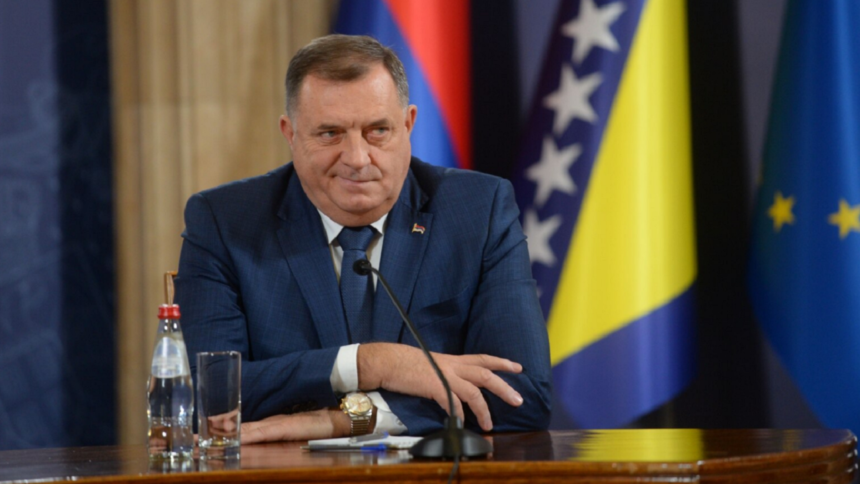The United States has lifted sanctions on Milorad Dodik, the former president of Republika Srpska, sparking discussions about a potential new political chapter in Bosnia and Herzegovina.
Analysts say the decision signals that Washington remains a key player in Bosnia’s political scene and is seeking to establish new relationships with local actors, focusing primarily on shared economic interests.
Dodik and 48 other individuals and companies were removed from the US Treasury’s blacklist on October 29, following actions by the National Assembly of Republika Srpska, which annulled several unconstitutional laws. During the same session, Ana Trishic Babic was appointed interim president of the entity until early elections on November 23.
Experts highlight two possible scenarios:
- A return to Dodik’s disruptive policies, strengthening his position and that of the SNSD party.
- Finding common ground with international partners and Bosnia’s institutions, advancing reforms and political stability.
According to analysts, lifting the sanctions could reduce Russian influence in the country and ensure Bosnia and Herzegovina remains oriented toward the EU and NATO. However, challenges remain, including the approval of the state budget and implementation of reforms essential for stable governance and economic development.







